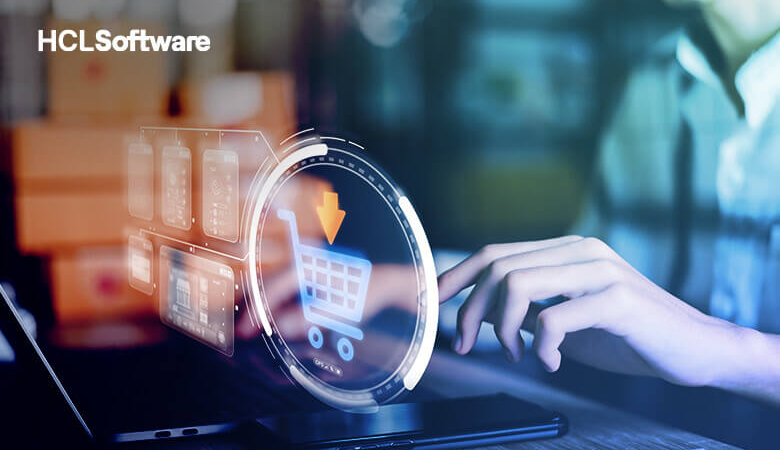HR Software: A Quick Guide for Small Businesses

Many businesses have shifted their focus from business continuity to automating the different processes and functions of a business. Adopting and implementing the right technology has become a vital aspect for many companies. Small businesses today, are in particular, looking to seriously redefine their operational structures, organizational priorities, and even workforce strategies.
One of the main departments that many businesses are considering upgrading is HR. Many small businesses have already started functioning in the new digital sphere with the help of core HR software. Since HR is one of the busiest and most influential departments in an organization, upgrading HR functions has never been more important.
When your small business sets out to find the best HR software for your company, however, it is easy to find yourself overwhelmed by the options. This is why we’ve explained everything you need to know about core HR software as a small business!
What is HRMS Software?
HRMS is a complex, structured software suite that aids in the management of an organization’s human resources functions. It aids in keeping track of employee information such as basic personal information, wages, attendance, evaluating performance, and so on.
If you’re contemplating the need for such software, here’s why HRMS software is great for your business:
- The software helps in recording and finding employee details in no time, and eliminates any need for paperwork.
- It helps management keep track of the number of employees a specific team or department requires.
- It helps manage talent, analyses people at each operation level and automates the sorting process of finding recruits,
- The software also helps formulate terms and conditions regarding finance with ease.
- It allows HR employees to efficiently manage their time and optimize their productivity as well.
- The performance tracker provided by this software helps you easily go over the monthly performance reviews, attendance records, work records, complaints, and other aspects of an employee’s work.
This is why, core HR software is not an option any longer, but a requirement that companies should invest in.
Advantages of Using HRMS Software:
There are many benefits that you can leverage from the HRMS software. Especially as a small business, where every action counts, the software can help your organization run smoothly. Here are some of the major advantages of implementing the software:
- Eliminates Paperwork: Manual methods of data collection, compilation, and processing involve a lot of paperwork. HR employees spend a lot of their valuable time filling forms out, trying to find the compiled data on time, and more. In a WFH setting, employees cannot even take their work back home, since it’s all papers and folders. The HRMS software automates data collection for you and makes storing, arranging, and managing all data with ease. This data can also be accessed from anywhere across the globe!
- Decreased Redundancy: HR managers are responsible for many routines, monotonous functions. When done manually, these become repetitive and leave a lot of room for errors and miscalculations. HR software ensures that no errors are made and takes the redundant process off the employee’s hands.
- Data security: Since most of this software is cloud-based, the chance of data theft, misplacement, and other risks is eliminated. These systems allow you to store sensitive data, restrict access from your employees and provide you with sturdy serves and back-end encryption, ensuring safety for employee and organization data.
Types of HRMS Software:
There are three main types of core HR Software, which includes:
- Fully-Automated Interface: These systems are fully automated and require the least amount of human interactions. HR employees simply need to enter any main inputs and leave the rest to the system. It also sends automated alerts to HR about legal requirements.
- Employee Self-service: The ESS makes it easy to focus on employee issues, grievances, growth, and productivity. It provides autonomy to the employees and allows them to resolve and perform several tasks on their own while being informed on company policies regarding the same.
- Integration Facility: Integration facility systems are extremely beneficial to small businesses, where the HR employees generate one process and the system takes care of all functions relevant to it. This system will also send automated alerts about payroll, non-compliance, and other aspects.
This is the basics of HRMS, but when choosing one for your company, we suggest you read into the features offered, the requirements of your company, and other important aspects as well!






